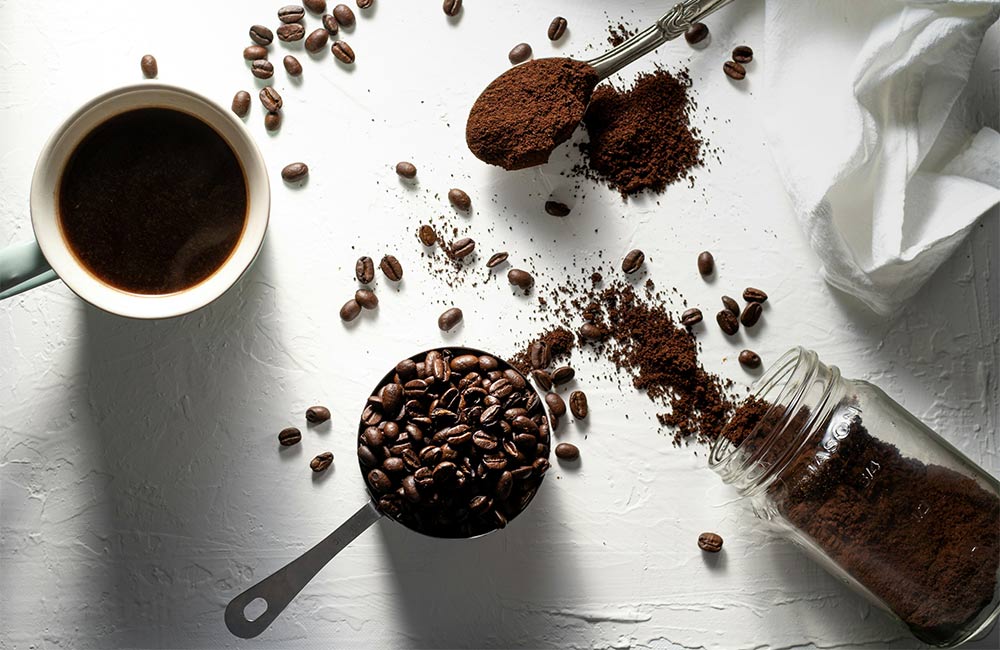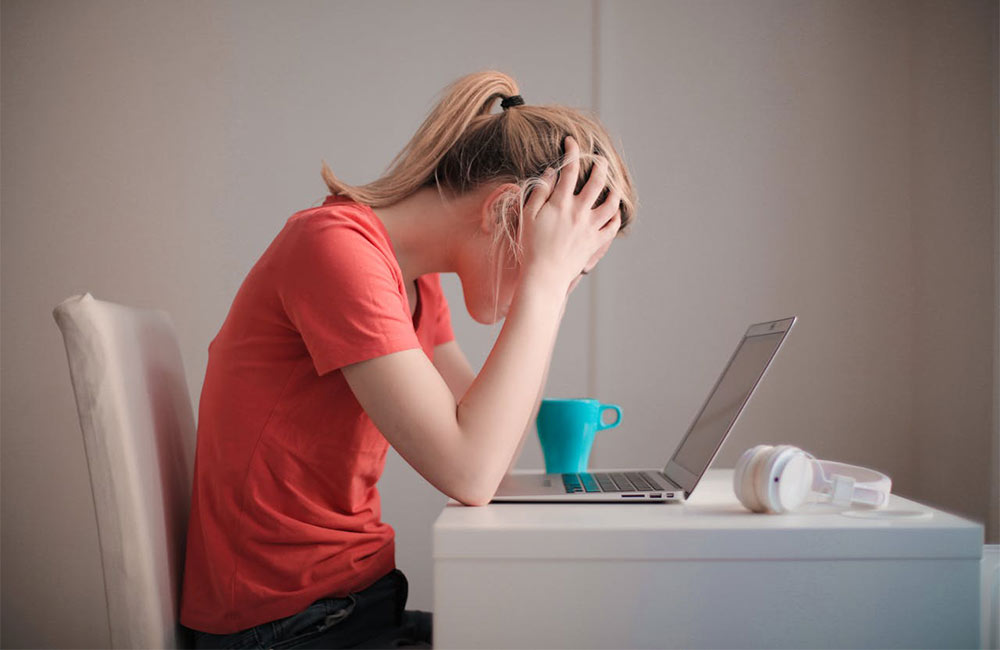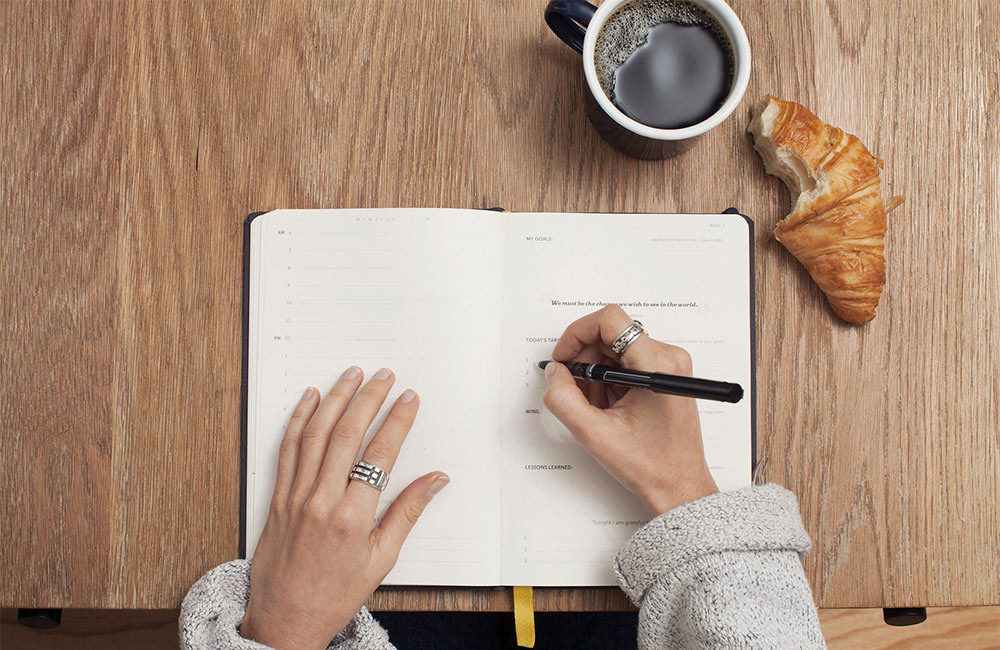Why You Shouldn’t Have Coffee First Thing In the Morning
Warning: Undefined variable $author_id in /home/rxlgpodj/domains/test10.co.za/public_html/C/wp-content/themes/crushmag/general-template.php on line 28
We all need something to get up and go in the morning, whether it’s a cold plunge, meditation or, for most adults, a cup of joe. While that shot of espresso might ‘get your rear in gear,’ drinking coffee first thing in the morning could do more harm than good.

Drinking coffee first thing in the morning might seem like a good idea to help you wake up, but it can actually backfire…
Is Coffee Good For You?
Coffee offers incredible benefits, from increasing alertness and concentration to providing feel-good neurotransmitters like dopamine and serotonin, but knowing when to get your fix is equally important.
According to a National Institutes of Health study examining the effects of caffeine on cortisol secretion across waking hours, “Caffeine increases cortisol secretion in people at rest or undergoing mental stress. It is not known whether tolerance develops in this response with daily intake of caffeine in the diet.” During the double-blind study, cortisol levels were assessed eight times daily after participants received various caffeine doses per week (300, 600 and 750 milligrams), as well as a placebo (0 milligrams) for control.
Results determined that after 5 days without caffeine, an increase in cortisol was experienced. Interestingly, 5 days of caffeine intake (300 milligrams per day and 600 milligrams per day) counteracted the cortisol response to the initial 09h00 caffeine dose, although cortisol levels increased between 13h00 and 19h00 after the second caffeine dose was taken at 13h00.
Cortisol is important for many bodily functions, including regulating metabolism, controlling blood sugar levels, reducing inflammation, and helping with memory formation.
In the morning, your cortisol levels are naturally high. Consuming coffee first thing in the morning is not advisable, as you probably won’t experience the full effects. It’s best to wait a couple of hours.
How Caffeine Affects the Body
Caffeine is a stimulant that can affect cortisol levels in the body. When you consume caffeine, it triggers the release of cortisol, which can increase alertness and energy levels. However, if you consume too much caffeine or consume it late in the day, it can disrupt your sleep-wake cycle. Cortisol levels follow a daily rhythm, peaking in the morning to help you wake up and declining throughout the day to help you wind down for sleep.
Cortisol helps the body sense danger or stress. When cortisol is released, it helps your body deal with the stress by increasing your heart rate, boosting energy levels and sharpening your senses. This can be really helpful in situations where you need to react quickly.
This crucial hormone is produced by the adrenal glands, which sit on top of your kidneys. The process starts in the brain, where the hypothalamus sends a signal to the pituitary gland, which then sends a signal to the adrenal glands to release cortisol. Cortisol is important for many bodily functions, including regulating metabolism, controlling blood sugar levels, reducing inflammation, and helping with memory formation.
Reasons To Reconsider That First Cup
Drinking coffee first thing in the morning might seem like a good idea to help you wake up, but it can actually backfire, believe it or not…

Cortisol levels are already high in the morning, as part of the body’s wake-up process. Adding caffeine on top of this can lead to an overproduction of cortisol, which can contribute to feelings of anxiety and jitteriness. It can also disrupt your body’s natural cortisol rhythm, making it harder to relax later in the day. So, it’s best to wait until later in the morning to enjoy your coffee when cortisol levels start to naturally decline. Here are more reasons you might think twice before having that morning java.
Hydration Is Key
If you’re one of those people who would much rather opt for coffee than water, it’s important to drink just as much water. Without adequate water intake, increased caffeine consumption could lead to dehydration and induce migraines.
While headaches could have many different causes, the first thing you might want to ask yourself is, “Have I had enough water today?” Most experts recommend between 11.5 glasses (2.7 litres) per day for women and 15.5 glasses (3.7 litres) per day for men, but the amount depends on health conditions, weight, humidity and climate.
Quality of Sleep
You probably already knew this, but drinking coffee close to bedtime could interrupt your natural sleeping patterns and affect your circadian rhythms – your body’s internal clock which regulates the brain’s focus and alert levels. The same goes when you drink coffee first thing in the morning. That spike of caffeine disrupts your brain’s natural wake response – imagine being jolted out of bed by the obnoxious sound of a foghorn!
Peak Productivity
How you start your day could hugely impact your productivity throughout the day. Contrary to popular belief, chugging coffee first thing in the morning could hinder your performance. Since caffeine boosts focus, you’d figure that it would have the opposite effect, but because caffeine negatively impacts cortisol levels in the morning, it could be counterintuitive.
When Is the Best Time To Drink Coffee?
Instead of rolling out of bed and reaching for the coffee pot, try to wait at least 2-3 hours before having your first cup. Remember, your cortisol levels spike when you wake up and gradually dip as the morning progresses, then increase after 13h00. If you’re not that patient, try giving coffee a break for at least 90-120 minutes after waking up – your body will thank you in the long run.
Try to wait at least 2-3 hours before having your first cup.
When it comes to bedtime, the rule of thumb is that you should avoid drinking coffee or any caffeine intake 6-8 hours before you ‘hit the hay.’ That means fizzy drinks and energy drinks too. As for how much caffeine you should consume, the recommended daily intake for adults is 400 milligrams per day according to the FDA (Food and Drug Administration). That’s roughly 4-5 cups, depending on how strong you like your brew.

Trying to cut back on caffeine? Boost your cuppa joe with these coffee alternatives.
Hungry for more? Subscribe to our Newsletter




Warning: Undefined variable $required_text in /home/rxlgpodj/domains/test10.co.za/public_html/C/wp-content/themes/upBootstrap3/comments.php on line 107
Warning: Undefined variable $aria_req in /home/rxlgpodj/domains/test10.co.za/public_html/C/wp-content/themes/upBootstrap3/comments.php on line 123
Warning: Undefined variable $aria_req in /home/rxlgpodj/domains/test10.co.za/public_html/C/wp-content/themes/upBootstrap3/comments.php on line 129